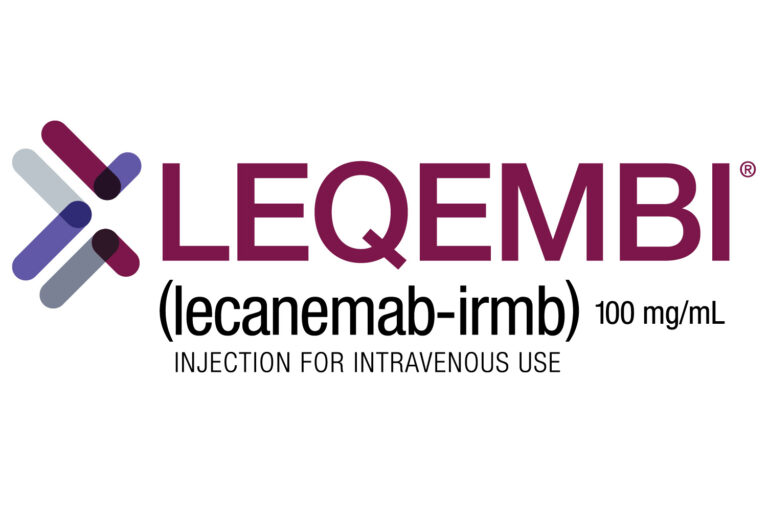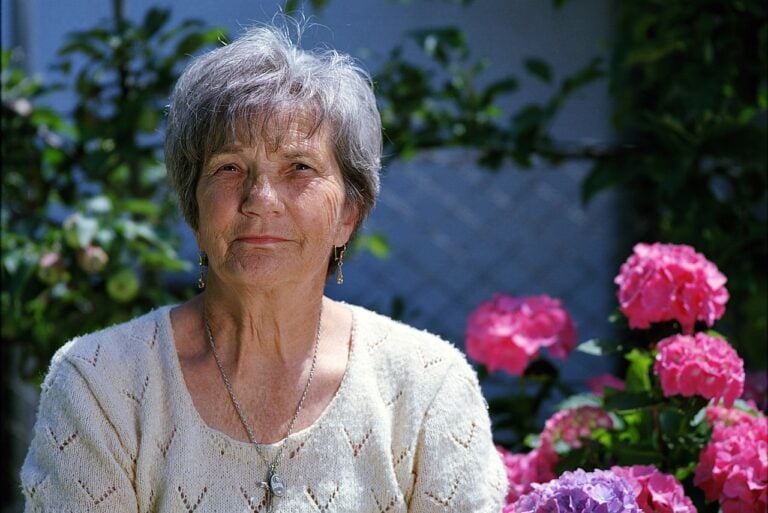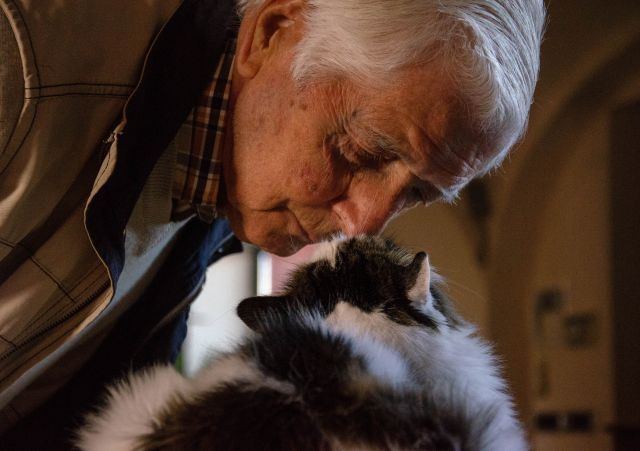
NRTIs Have Potential to Prevent a Million Cases of Alzheimer’s Every Year
The drugs, called NRTIs, have the potential to prevent a million cases of Alzheimer’s every year, the researchers believe.

The drugs, called NRTIs, have the potential to prevent a million cases of Alzheimer’s every year, the researchers believe.

Alzheimer’s rates are on the rise. How is today’s best treatment, Leqembi (generic lecanemab) doing in the fight against it?

The big Alzheimer’s culprits are Amyloid and Tau. Biogen made Leqembi to treat amyloid. Now, they are betting on BIIB080 to treat tau. Learn how this exciting new treatment just got FDA Fast Track Designation.

The European Union authorizes Leqembi as its very first Alzheimer’s drug to target an underlying cause of Alzheimer’s.

Why can vision loss come before memory loss in 10% of Alzheimer’s? A new study shows Posterior Cortical Atrophy (PCA), a type of Alzheimer’s, distributes proteins differently.

Participants in a new study had inherited genetic variants that lead to early-onset Alzheimer’s. Among those who received the drug the longest – an average of eight years – the treatment lowered the risk of developing symptoms from essentially 100% to about 50%.

Rosemary & sage extracts inspire a potential anti-inflammatory drug for Alzheimer’s. Scripps Research created a stable form of carnosic acid, improving memory in the lab.

The new Alzheimer’s antibodies, Leqembi and Kisunla, work better on some people than others. A cutting-edge technique called spatial transcriptomics may help figure out how to make them work better for everybody.

New research suggests antidepressants accelerate cognitive decline in dementia. Learn which drugs appear to be less harmful than others. Help your doctor make better treatment decisions.

(Video & Article) L.A.T.E. Dementia is frequently misdiagnosed as Alzheimer’s. That’s why, in January 2025, researchers created new guidelines. It affects millions of people, approximately 40% of people over 80. How is it recognized? What makes it different?

Researchers found in a study that people who developed dementia were more likely to have their credit rating drop at least two and a half years before the diagnosis. Some had problems managing their money up to six years before. Find out more.

A personal diary of a daughter with a medical background that chronicles her journey while caring for her father with Alzheimer’s, and gives the reader the gift of both perspectives, that of a loving daughter and the trained professional.

Scientists say restoring a brain protein, not removing amyloid plaques, should be the target of Alzheimer’s dementia therapies. The researchers said treatment might lie in normalizing the levels of a specific brain protein.

Researchers in Florida find that robotic pet cats improve mood, behavior and cognition in older adults with mild to moderate dementia. Find out more.

Ketone-rich diets increase the SIRT3 protein that protects neurons from death during the progression of Alzheimer’s disease. But how does it work? Find out more.

Memory failing? New research shows you may need help, but not for dementia. Memory slips, stress and fatigue are growing in people with healthy memory.

People worry about becoming forgetful. Is it the first sign of Alzheimer’s or just the passing years? After all, forgetfulness is a normal part of aging. Check out these quick ways to tell the difference.
No spam, only news and updates.


